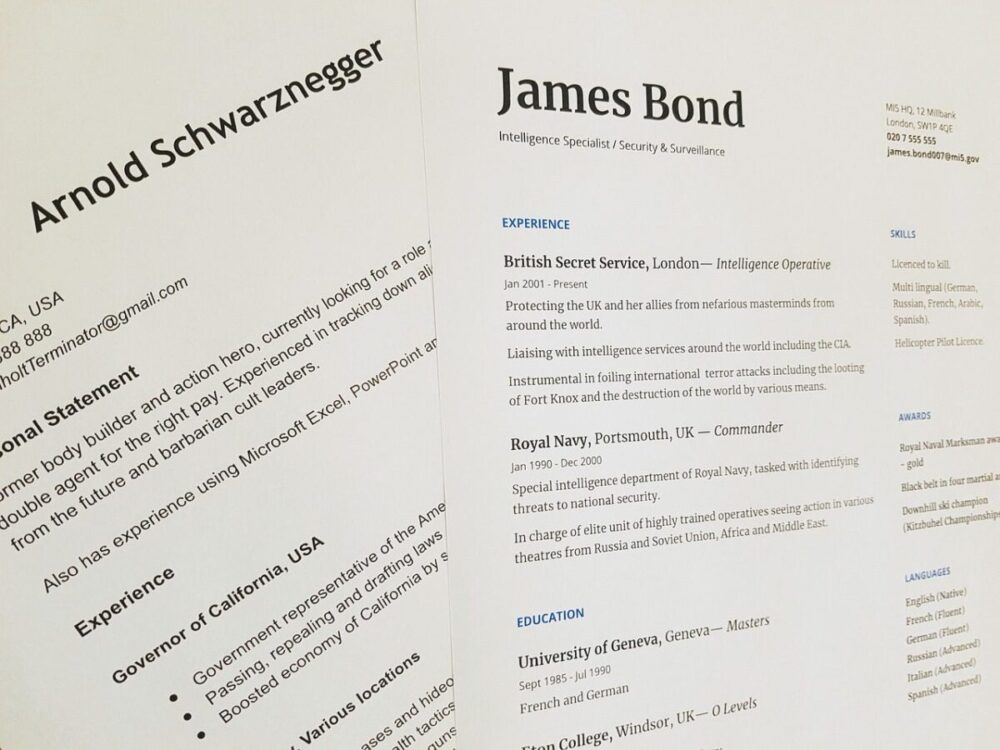Have you ever gone to bed on Sunday night anxious about how to tackle the upcoming week? Does a looming to-do list or an overflowing email keep invading your thoughts? You’re not alone; studies show that 60% of Americans experience regular stress (Washington Post). However, there is hope. If you feel overworked or are struggling to manage your time effectively, read on for insights into the importance of time management and actionable strategies to help you gain control and feel satisfied at the end of each day.
What Is Time Management?
So, what exactly is time management? It’s a process that enables you to use your time efficiently and in an organized manner. The saying “work smarter, not harder” encapsulates the essence of time management. By implementing effective strategies, you can reduce your stress and increase your productivity and overall positivity. According to the Cleveland Clinic, effective time management is essential for maintaining a productive mindset and improving mental well-being.
Time Management Strategies
Below are targeted time management tips you can implement right away to maximize your days:
1. Prioritize Your Tasks
One of the most essential strategies for time management is prioritization. Start by writing down the tasks that need attention and organizing them in order of urgency. This method eliminates the stress of wondering what to tackle next, allowing you to focus on the most critical tasks first. You might find that by concentrating on top-priority items, you create the momentum needed to address less urgent tasks later.
2. Stop Multi-Tasking
Another vital strategy is to stop multi-tasking. While juggling several activities at once may seem productive, research indicates that multitasking can decrease your workflow efficiency and leave more room for errors (Cleveland Clinic). Instead, focus entirely on one task at a time. Complete it before moving on to the next. This focused approach allows you to produce higher-quality work and reduces the need for revisions later.
3. Eliminate Distractions
A third effective strategy is to eliminate distractions. For instance, if you have a significant report due, consider putting your phone away or placing it in another room while you work. Social media and notifications can derail your focus and waste valuable time on unnecessary scrolling. By reducing distractions, you’ll enhance your concentration and improve your overall productivity.
4. Set Realistic Goals
Be mindful not to overload your to-do list. It’s essential to set goals you know you can realistically achieve. Review your tasks: are they measurable and attainable? If not, reevaluate your priorities to avoid the stress of unrealistic deadlines. Engaging with only what you can handle will help you maintain a positive outlook throughout your day.
5. Time Is Money
You’ve likely heard the phrase “time is money,” which holds substantial truth. Learning effective time management allows you to invest your hours wisely, enriching your quality of life. Every choice you make regarding how you spend your time can either add value or drain your resources. With the right time management techniques, you’ll be empowered to allocate your time to activities that significantly benefit you.
Conclusion
Improving your time management skills not only helps alleviate stress but also leads to greater satisfaction in both your personal and professional life. By prioritizing tasks, avoiding multitasking, eliminating distractions, and setting realistic goals, you can take control of your time like never before. As you develop these essential skills, you’ll find that managing your time effectively becomes an investment in your overall well-being and success.
Melinda Osman is the founder of Qwery M, a dynamic platform dedicated to empowering individuals through career counseling, lifestyle tips, and blogging guidance. With a genuine passion for helping others succeed, Melinda leverages her experience and expertise to support personal and professional growth, inspiring her community every day.
Last updated on April 5th, 2025 at 03:23 pm
Discover more from Qwery M
Subscribe to get the latest posts sent to your email.





